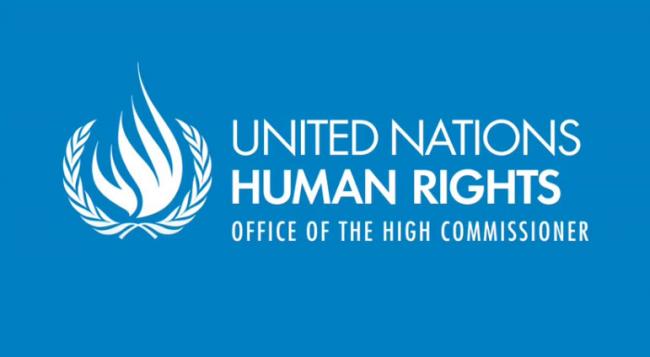03 Mar 2015

“The institutional and legal framework to prevent and combat trafficking is in place in Malaysia,” Maria Grazia Giammarinaro, the UN Special Rapporteur on trafficking in persons, especially women and children, explained in a press release following her six-day visit to the country.
“The challenge is now to make the whole mechanism more effective and able to deal with the ever changing features of trafficking, especially concerning its labour dimension, and its connection with migration policies,” she added.
According to the UN rights office (OHCHR), there are an estimated 2 million documented migrants workers and another 2 million or more undocumented migrant workers in Malaysia where they are often exploited for cheap labour by unscrupulous recruitment agents and employers through breach of contract, payment of excessive recruitment fees, debt bondage, non-payment of salary, withholding of passports, excessive working hours, lack of rest days and abuse, both physical and sexual.
In addition, the trafficking of young foreign women and children from the purpose of sexual exploitation is also prevalent in the country, where they are mostly forced into the commercial sex trade following deceptive practices for legal work in Malaysia. Many victims of trafficking are often detained and subsequently deported and not provided with adequate specialist support for recovery and social inclusion, the press release continued.
As a result, Giammarinaro called for the country’s Government to adopt a new system of protection that provides exploited workers immediate assistance to claim compensation as well as temporary residence status and a work permit.
“No victim of trafficking should be prosecuted for crimes linked with their situation of trafficked persons, and be detained,” the expert stressed.